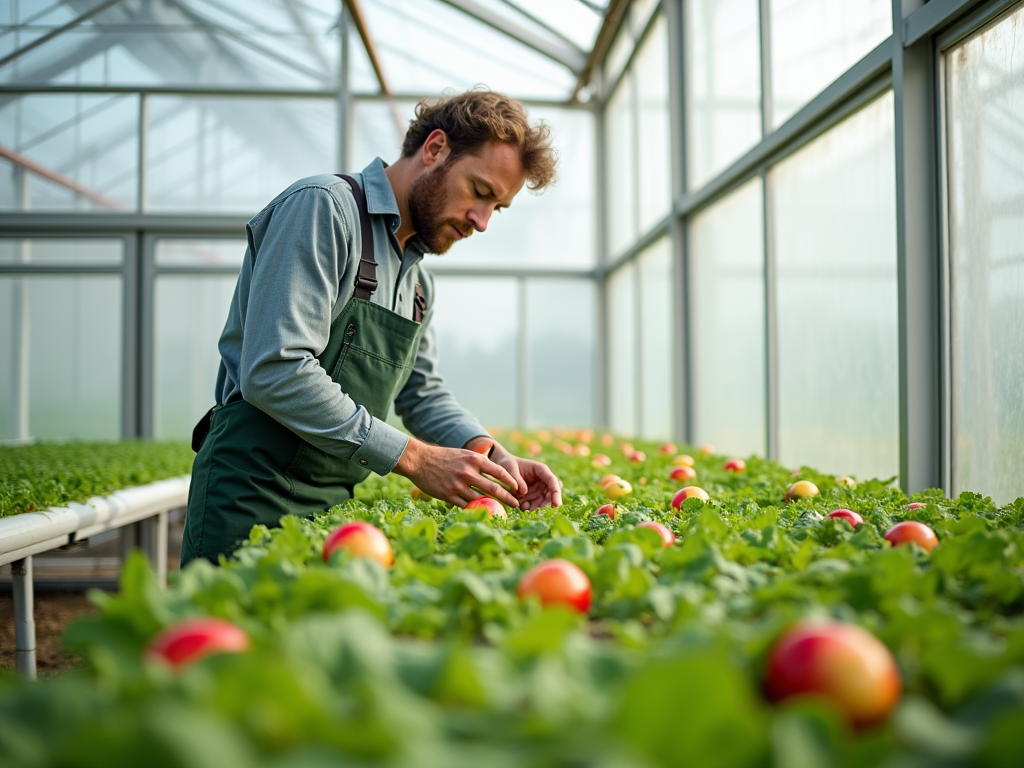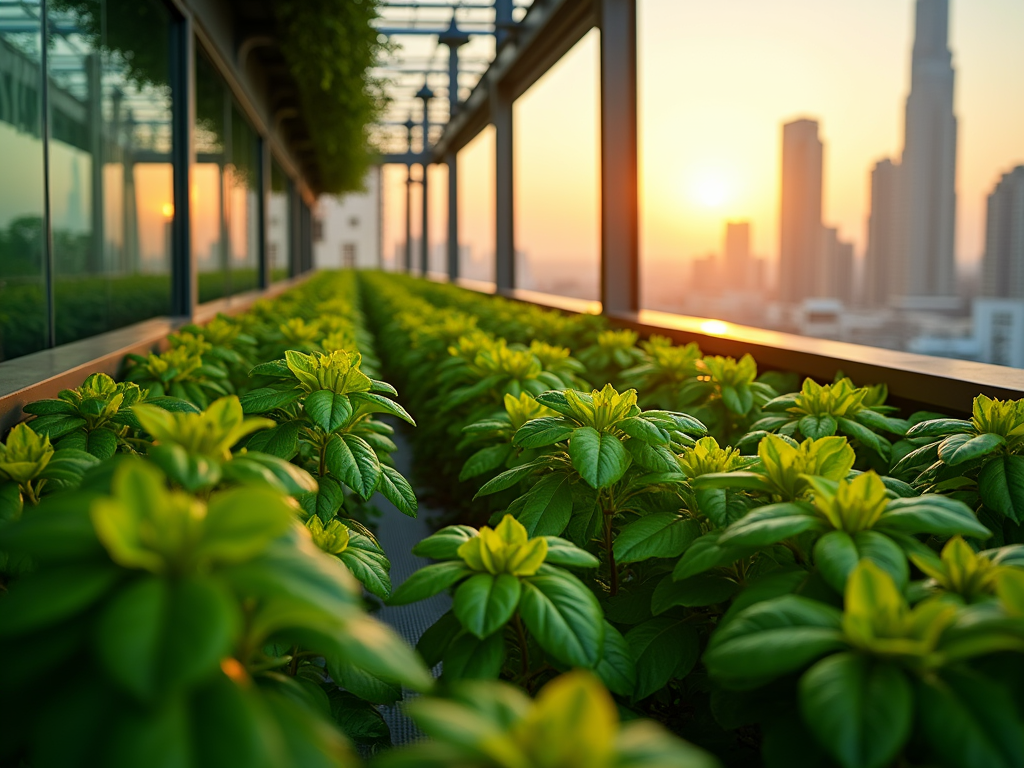Dubai’s agri-tech industry is witnessing significant growth as the emirate navigates its environmental challenges and embraces sustainable agricultural practices. Given its harsh desert climate and limited arable land, Dubai has turned to innovative technology and practices to bolster food security, enhance local food production, and reduce dependency on imports. By leveraging cutting-edge technologies like vertical farming, hydroponics, and precision agriculture, Dubai aims to transform its agricultural landscape. This growth is not merely an economic response but a crucial step towards ensuring sustainability and food availability for its growing population. As a result, both local and international investors are increasingly focusing on agri-tech startups in the region, recognizing the immense potential for growth and innovation. Overall, the intersection of agriculture and technology is setting the stage for a promising future in Dubai’s food ecosystem.
Innovative Technologies Fueling Growth

The adoption of innovative technologies has been instrumental in the evolution of Dubai’s agri-tech sector. Traditional farming methods are increasingly being replaced or enhanced by modern solutions that maximize efficiency and yield. Important technologies include:
- Vertical Farming: This method involves growing crops in stacked layers, often within controlled environments such as warehouses. This approach not only utilizes space effectively but also minimizes the need for pesticides and reduces water consumption significantly.
- Hydroponics: Growing plants in nutrient-rich water instead of soil allows for greater control over nutrient uptake, leading to faster growth and higher yields. Hydroponics also requires less space and resources than conventional farming.
- Smart Agriculture: Integrating IoT devices and AI to monitor crops and manage resources efficiently enhances productivity. Farmers can analyze data in real-time, allowing for optimized irrigation, pest control, and harvesting.
Government Initiatives Supporting Agri-Tech

The Dubai government recognizes the critical importance of a thriving agri-tech industry, driving several initiatives to foster its development. Key government efforts include:
- Investment in Research: Funding research projects that explore innovative agricultural technologies is a priority. This investment helps develop tailored solutions suitable for the local environment.
- Incentives for Startups: Financial aid and grants for agri-tech startups encourage young entrepreneurs to experiment and innovate. This leads to the emergence of unique agri-tech solutions.
- Collaborative Platforms: Establishing platforms for collaboration between private companies, universities, and research institutions facilitates knowledge exchange and innovation.
Environmental Sustainability and Food Security
The growth of Dubai’s agri-tech industry is also closely linked to addressing environmental sustainability and ensuring food security. Traditional agricultural practices are often resource-intensive, contributing to issues such as water scarcity. By shifting towards sustainable practices, Dubai aims to minimize environmental impact while enhancing food production. Modern techniques reduce water usage by up to 90% compared to conventional farming, directly addressing the region’s water scarcity challenges. Furthermore, as global demand for food continues to rise, investing in local food production becomes essential. Agri-tech plays a pivotal role in boosting local production, ultimately contributing to the UAE’s vision of achieving a self-sufficient food system by 2051.
Despite the promising growth and potential of Dubai’s agri-tech sector, several challenges remain. These include:
- High Initial Investment: While technologies like vertical farming and hydroponics offer long-term savings, the initial capital required can be a barrier for many startups and farmers.
- Skill Gaps: There is a significant need for skilled workers who can operate advanced agricultural technology, creating an urgent demand for training and education in the sector.
- Market Acceptance: Convincing consumers to embrace locally produced foods can be challenging, particularly if they are accustomed to traditional farming products.
Conclusion
In conclusion, the rapid growth of Dubai’s agri-tech industry signals a transformative change in how the emirate approaches agriculture and food security. By embracing innovative technologies, supported by government initiatives, Dubai is positioning itself as a leader in sustainable agriculture. While challenges do exist, the focus on environmental sustainability and local food production is crucial for ensuring food security in a water-scarce environment. As the agri-tech landscape continues to evolve, it holds the promise of not just enhancing food production but also contributing to the broader economic and environmental goals of the UAE and beyond.
Frequently Asked Questions
1. What is the primary focus of Dubai’s agri-tech industry?
The primary focus is to enhance food security through innovative agricultural practices and technologies that adapt to the region’s unique environmental challenges.
2. How is the government supporting agri-tech startups?
The Dubai government provides financial incentives, research funding, and collaborative platforms to encourage innovation and growth in the agri-tech sector.
3. What are the benefits of vertical farming?
Vertical farming offers benefits such as space efficiency, reduced water use, lower pesticide reliance, and the ability to produce crops year-round, regardless of external climate conditions.
4. What challenges does Dubai face in its agri-tech growth?
Challenges include high initial investments, skill gaps in the workforce, and market acceptance of locally produced agricultural products.
5. Why is sustainability important in Dubai’s agri-tech industry?
Sustainability ensures that the agricultural practices used contribute positively to environmental health and resource conservation, which is vital in a region facing water scarcity and rapid population growth.
